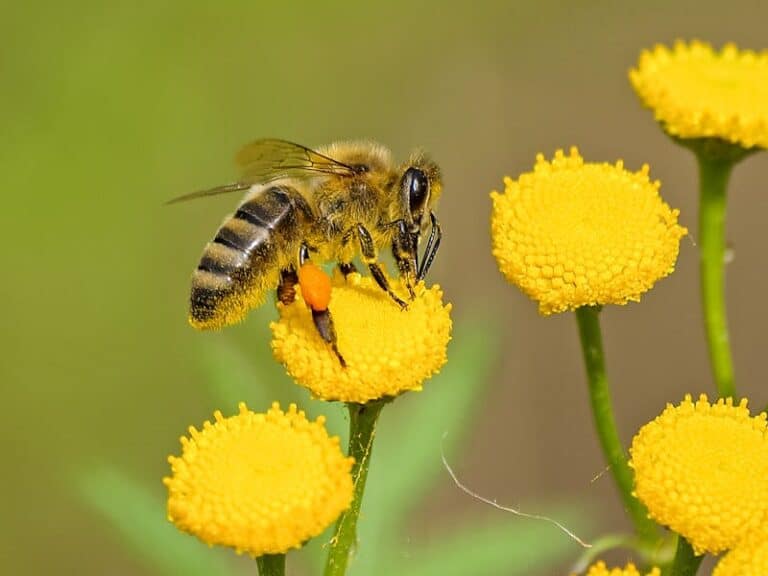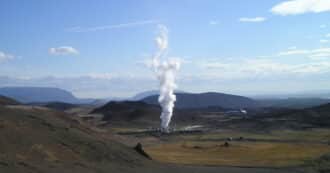In an ecosystem, a keystone species has an impact on an ecosystem that is out of proportion to its size or the quantity of that species present in the ecosystem. The presence of this keystone species is critical for maintaining the ecological balance and diversity of the ecosystem. Should this keystone species be removed the ecosystem will suffer changes that may result in the decline of the different species in the ecosystem or the destruction of the ecosystem.
Origin of the term and application
The term “keystone species” was introduced in the field of ecology in the mid-20th century and made popular by ecologist Robert T. Paine. Given the importance of keystone species in maintaining the health of ecosystems, conservation efforts to ensure the health and vitality of these keystones is crucial to environmental work in the face of climate change.




